Applications of Metal-Organic Frameworks and Their Derived Materials
Metal–organic frameworks (MOFs) are porous crystalline polymers constructed by metal sites and organic building blocks. Since the discovery of MOFs in the 1990s, they have received tremendous research attention for various applications due to their high surface area, controllable morphology, tunable chemical properties, and multifunctionalities, including MOFs as precursors and self-sacrificing templates for synthesizing metal oxides, heteroatom-doped carbons, metal-atoms encapsulated carbons, and others. Thus, awareness and knowledge about MOFs and their derived nanomaterials with conceptual understanding are essential for the advanced material community. This breakthrough new volume aims to explore down-to-earth applications in fields such as biomedical, environmental, energy, and electronics. This book provides an overview of the structural and fundamental properties, synthesis strategies, and versatile applications of MOFs and their derived nanomaterials. It gives an updated and comprehensive account of the research in the field of MOFs and their derived nanomaterials. Whether as a reference for industry professionals and nanotechnologists or for use in the classroom for graduate and postgraduate students, faculty members, and research and development specialists working in the area of inorganic chemistry, materials science, and chemical engineering, this is a must-have for any library.
{{comment.content}}
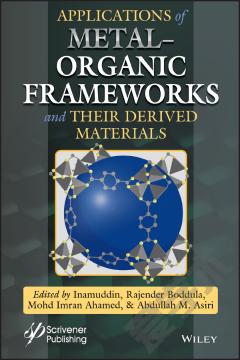
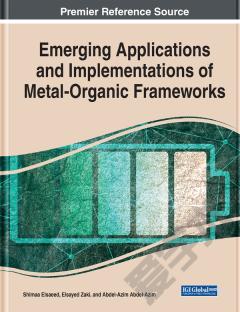
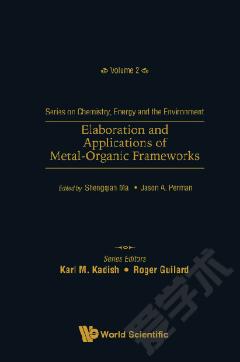

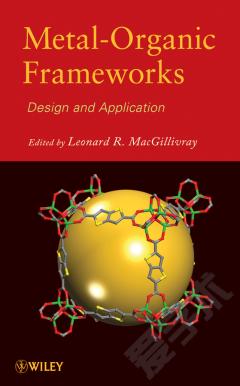
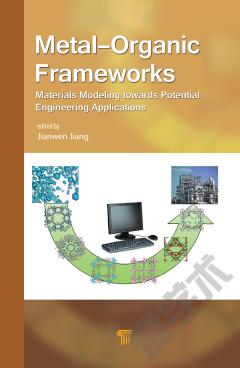
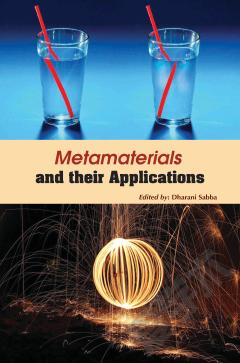

 京公网安备 11010802027623号
京公网安备 11010802027623号